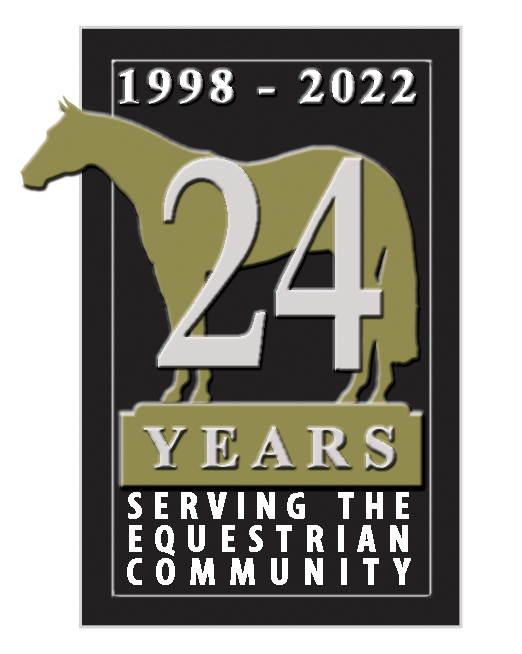EPA Denies Request to Waive RFS Standard
November 16, 2012
Continues to artificially inflate corn prices despite nationwide shortage
The U.S. Environmental Protection Agency (EPA) today denied the request by U.S. ranchers, including the Texas and Southwestern Cattle Raisers Association http://www.tscra.org (TSCRA), to waive the current Renewable Fuels Standard (RFS). The request for a waiver was made in light of corn shortages and soaring feed costs across the country.
“It’s truly unbelievable that a government agency would ignore the fact that we are facing a dire corn shortage in this country,” said Joe Parker Jr., rancher and TSCRA president. “By continuing to mandate that 40 percent of the very small U.S. corn crop go directly toward ethanol production, the government is escalating an already dire situation by bolstering an artificial market that will further push some ranching families out of business.”
Parker says that as long as corn supplies continue to tighten across the U.S., the current RFS standard will only compound the situation by reducing the already extremely limited amount of corn available for feed. This situation is particularly severe in Texas, the leading cattle producing state in the nation.
“The EPA had an opportunity to show their support, in some regard, of the U.S. cattle industry,” continued Parker. “Instead, they continue to put our food and fuel in competition with one another by giving one commodity a leg-up at the expense of another. Chalk this up to another instance in a long line of examples that demonstrates that the government, particularly the EPA, does not support the cattle industry or the free market.”
###
TSCRA is a 135 year-old trade association and is the largest and oldest livestock organization based in Texas. TSCRA has more than 15,000 beef cattle operations, ranching families and businesses as members. These members represent approximately 50,000 individuals directly involved in ranching and beef production who manage 4 million head of cattle on 76 million acres of range and pasture land primarily in Texas and Oklahoma, but throughout the Southwest.


